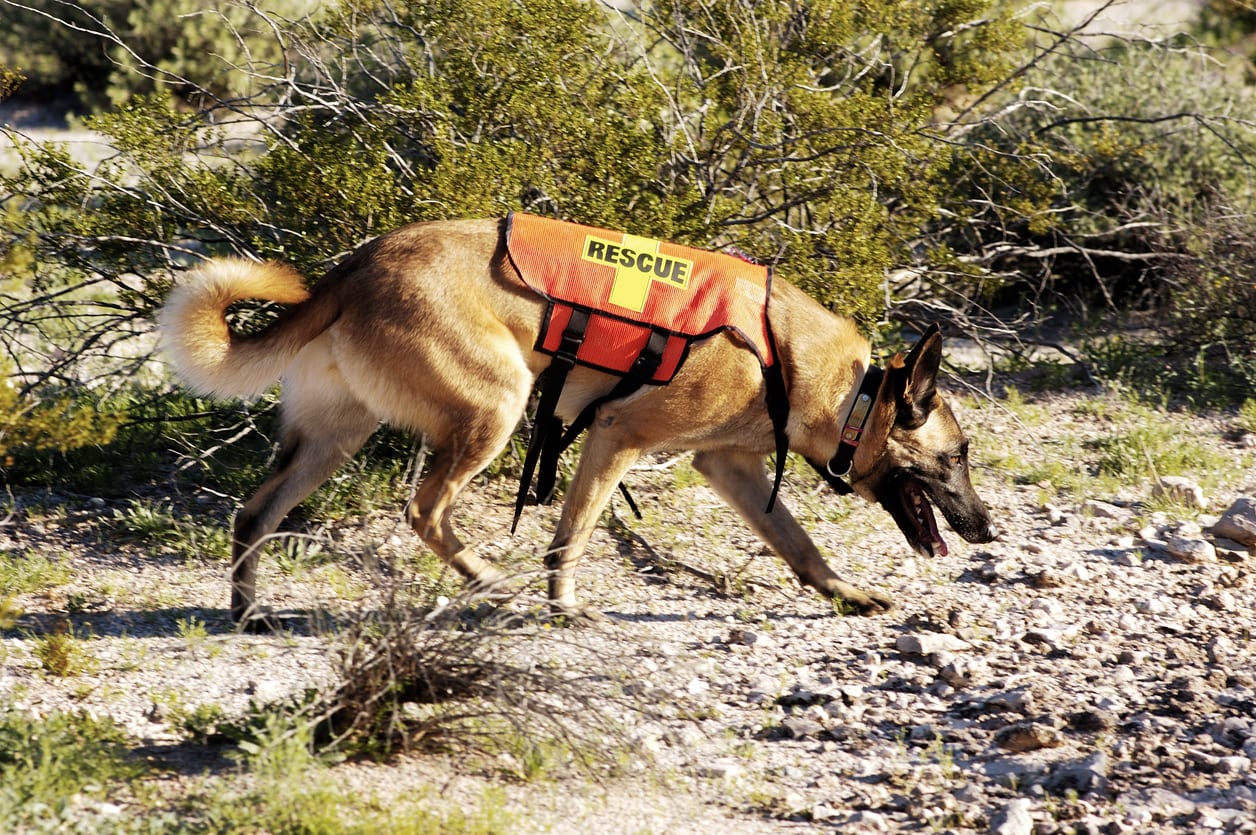Myth #1: Cops have to tell you they’re cops if you ask.

Photo Credit: Pixabay
You remember the awesome scene from that episode of Breaking Bad, where the junkie/meth seller gets taken in by the undercover cop even though he asked the guy if he was actually a cop, and the cop said he wasn’t? And they had that whole conversation about how cops have to tell the truth if they get asked if they’re cops? And then he lies and arrests the dude anyway?
That is actually how it works.
Think about it – the whole point of an undercover police officer is that s/he can inveigle their way into a criminal organization, and that obviously involves lying to the criminals. There is nothing in the law that prevents the police from lying in this context; if there were, all criminals would just ask everyone they dealt with if they were police. It wouldn’t work.
People often talk about this myth in the context of something called entrapment. If you’re a regular person, and an undercover comes up to you on the street and somehow pressures you into committing a crime, that would be entrapment – you’ve now committed a crime that you wouldn’t have had anything to do with if the undercover officer hadn’t gotten you to do it (there are more legalese explanations of this if you are curious). But if you’re looking to buy or sell drugs, and you happen to run into an undercover cop and try to make the deal, you haven’t been entrapped, you’ve just played yourself.
Myth #2: You have to wait 24 hours to file a missing persons report.

Photo Credit: iStock
This is another one that crops up in movies and on tv, but it actually has nothing to do with reality. As soon as you realize that you really cannot find one of your loved ones (not just that they’re dodging your texts), you are able to report them as missing to the police – and, in fact, you should. As soon as you file a missing persons report, the person gets entered into the National Crime Information Center database, which is searchable by virtually all law enforcement across the country. If the person comes into contact with law enforcement anywhere, and their name gets run, the missing person report will show up. If all’s well, then no sweat. But if they were missing for a more nefarious reason than that they just wanted to get away, then this can mean the difference between life or death. And it doesn’t just have to be a criminal matter.
Now, the police don’t have to immediately get out a search party for every person who gets reported missing, and often times they don’t. Missing children, for instance, are always treated as extremely urgent cases, whereas your 19-year-old daughter with the known rebellious streak may be considered less of a priority. But if a person with dementia or diabetes goes missing, that will also be treated as urgent. In fact, if you think someone with any significant medical condition has gone missing, you should report it ASAP – you could save their life.
Myth 3#: If you are arrested, you can just not say anything, and the police have to leave you be.

Photo Credit: Pixabay
If you’ve watched any Law and Order in your life, you probably know that you have the right to remain silent. Up until 2010, this used to be unambiguously true. But that year, a divided Supreme Court ruled that you actually have to say, out loud, that you are asserting your right to stay silent – otherwise, you aren’t using it. It is odd that you have to speak in order to assert your right to remain silent, as Supreme Court Justice Sotomayor noted in the dissent she authored:
Today’s decision turns Miranda upside down. Criminal suspects must now unambiguously invoke their right to remain silent — which, counter-intuitively, requires them to speak. At the same time, suspects will be legally presumed to have waived their rights even if they have given no clear expression of their intent to do so.
If you are ever stopped in the middle of doing something suspicious, you are only legally required to tell the police your name and what you are doing – aside from that, you should really just say that you want a lawyer. And if you ever get arrested and read your Miranda rights, just know that you have to tell the officers around you that you are asserting your right to silence, and then the questioning has to (is supposed to) end. Or you assert your right to a lawyer, and the questioning has to end until there is a lawyer present. Otherwise, anything you say, even after hours of exhausting questioning, can and will be used against you in a court of law.
Speaking of Miranda rights…
Myth #4: The police have to read you your Miranda rights.

Photo Credit: Pixabay
Actually, they don’t.
Miranda rights were enshrined into law in the 1960s, when a man, Ernesto Miranda, was convicted after having confessed to a murder – the thing is, he was never told that he had a 5th amendment right against incriminating himself (which is where the right to remain silent comes from) or the right to a lawyer. His conviction was overturned by the Supreme Court, and from then on the police had to tell anybody they took into custody and were intending to interrogate what their Miranda rights were.
The important bit is “intending to interrogate”. If the police are not intending to interrogate you, they do not have to tell you your Miranda rights, even if they arrest you. You still have these rights – you always have your Miranda rights – but you don’t always have to be told what they are. If the police change their minds and decide to interrogate you, then they do have to tell you your Miranda rights.
Important to note, anything you say to the police before you’re taken into custody (and told your Miranda rights) is still admissible in court, so like I said above, its often best to just say nothing at all – and if you find yourself needing to say something, just ask for a lawyer.






